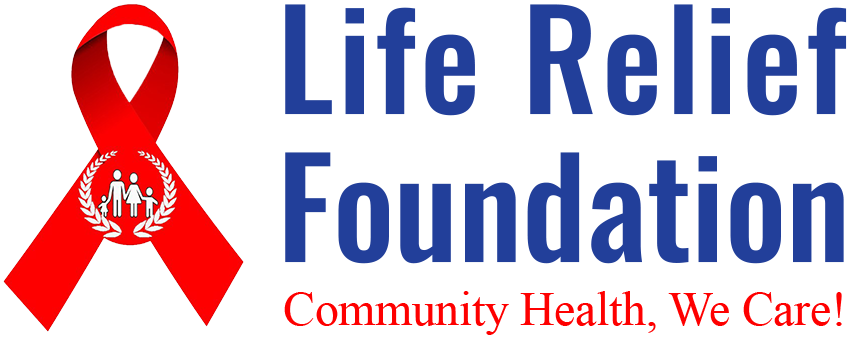For every new viral disease, there is never an immediate vaccine. However,
especially, when this virus spreads quickly such as the case
has been with this version of the coronavirus, a vaccine is quickly developed.
Although, routinely, it can take several years for a new
vaccine to be developed, in cases where one is needed as an extra form of combating
the spread, the development is fast-tracked. This has
been the case with the novel coronavirus, the cause of COVID-19.
Currently, two vaccinations have been approved by the Food and Drug Authorities of
the USA and some European countries for vaccines that
have been developed by Pfizer and Modern Pharmaceuticals. A few more are in the
pipeline and are still undergoing various stages of
clinical trials.
These vaccines are unfortunately not readily available for many.

